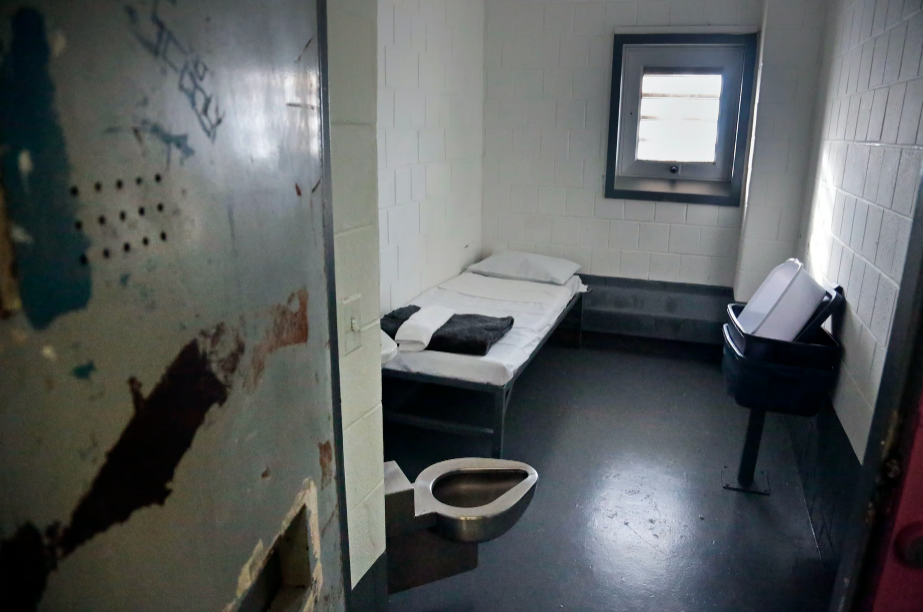SCOTUS Declines to Hear Prolonged Solitary Confinement Case
SCOTUS liberals issue sharp dissent in response leaving court order in place

The U.S. Supreme Court's three liberal justices on Monday sharply objected to the court's refusal to hear an appeal of a lower court decision by a former Illinois inmate who was kept in solitary confinement in a state prison and virtually deprived of any exercise for about three years. None of the six conservative justices joined with the liberal justices to provide the fourth vote needed to hear former inmate Michael Johnson's appeal of a lower court's ruling rejecting his 2016 civil rights lawsuit accusing prison officials of violating the U.S. Constitution's Eighth Amendment bar on cruel and unusual punishment.
Johnson was incarcerated after being convicted of home invasion and subsequently was convicted while in prison of two instances of aggravated battery against a peace officer.
Justice Ketanji Brown Jackson, in an eight-page dissent joined by justices Sonia Sotomayor and Elena Kagan, described Johnson's solitary confinement as "unusually severe," noting that "prison officials completely deprived Johnson of exercise for nearly all of his incarceration" at Pontiac Correctional Center in Pontiac, Illinois. "The cramped confines of Johnson's cell prevented him from exercising there," Jackson wrote. "Thus, for three years, Johnson had no opportunity at all to stretch his limbs or breathe fresh air."
Johnson filed a lawsuit against Pontiac Correctional Center officials claiming they had unconstitutionally deprived him of exercise. Prisoners like Johnson who are placed in solitary confinement are entitled to one hour of out-of-cell exercise five days a week. Johnson, whom the Illinois Department of Corrections diagnosed as seriously mentally ill, was deprived of this out-of-cell time as punishment. Yard restrictions are imposed for a period between 30 and 90 days but Pontiac stacked Johnson’s in a way that left him without exercise for three years straight.
Stuck in his cell with no reprieve, Johnson’s mental health further deteriorated. He suffered from hallucinations, excoriated his own flesh, urinated and defecated on himself, and smeared feces on his body and cell. Johnson was only allowed out of his cell once a week for a 10-minute period to shower and was unable to clean his cell unless he purchased items from the commissary. Johnson became suicidal. His body also deteriorated, resulting in muscle spasms, cramping, and fatigue, and he was eventually transferred to a specialized mental health treatment unit.
"We are grateful that Justices Jackson, Sotomayor, and Kagan recognized the panel majority’s 'indisputable legal error,'” Daniel Greenfield, an attorney with the Roderick & Solange MacArthur Justice Center, said in a statement. "At the same time, we are saddened to live in an era where such immense suffering is acceptable to any federal judge, let alone the majority of a circuit panel. Three years of 24/7 solitary confinement unrelieved by any opportunity for exercise would have appalled the Founders. It should be no less shocking to us today."
You can read Justice Brown Jackson's dissent beginning on page six of the full court order.










